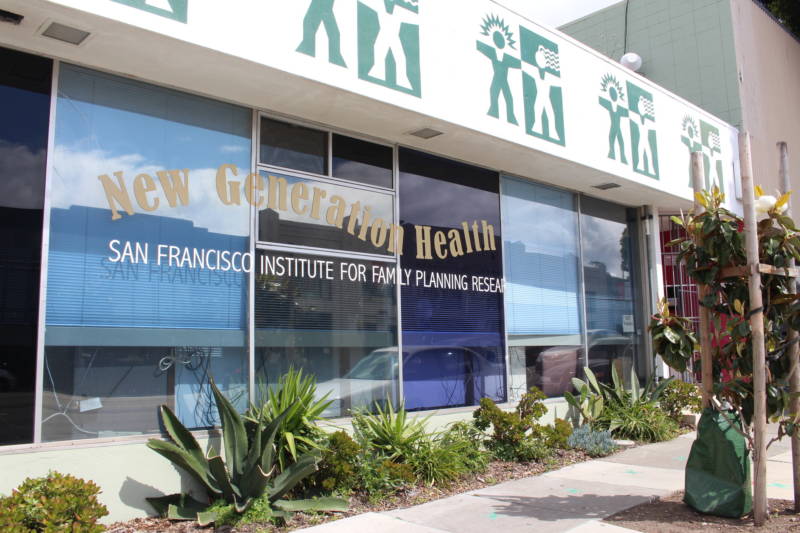Closures and consolidations have been increasing among community clinics that provide reproductive health services.
Two beloved women’s clinics in San Francisco are consolidating with outside partners in order to keep operating. Another two, in Santa Rosa and Sacramento, have shut their doors. All four were unintended casualties of the Affordable Care Act, which shifted payments and changed incentives throughout California's health industry.
Because of the health law, more women in California have coverage for a full range of health services through Medi-Cal. As a result, many of those women are now going to a regular doctor or primary care center for their family planning needs, instead of a dedicated women’s clinic. In addition, the state is paying these clinics less money under Obamacare.
“Of course, I love the Affordable Care Act, but it was very harmful to reproductive health clinics,” said Dr. Rebecca Jackson, director of New Generation, a teen clinic in San Francisco's Mission neighborhood. New Generation announced last spring it would have to close, but then UCSF agreed to fund it one more year.
This week, managers announced the next steps to ensure the clinic's ongoing survival. New Generation will move into a smaller, shared office; partner with the city’s Department of Public Health to cover administrative costs such as billing and medical records; and continue intensive and urgent fund-raising efforts in the private sector.
